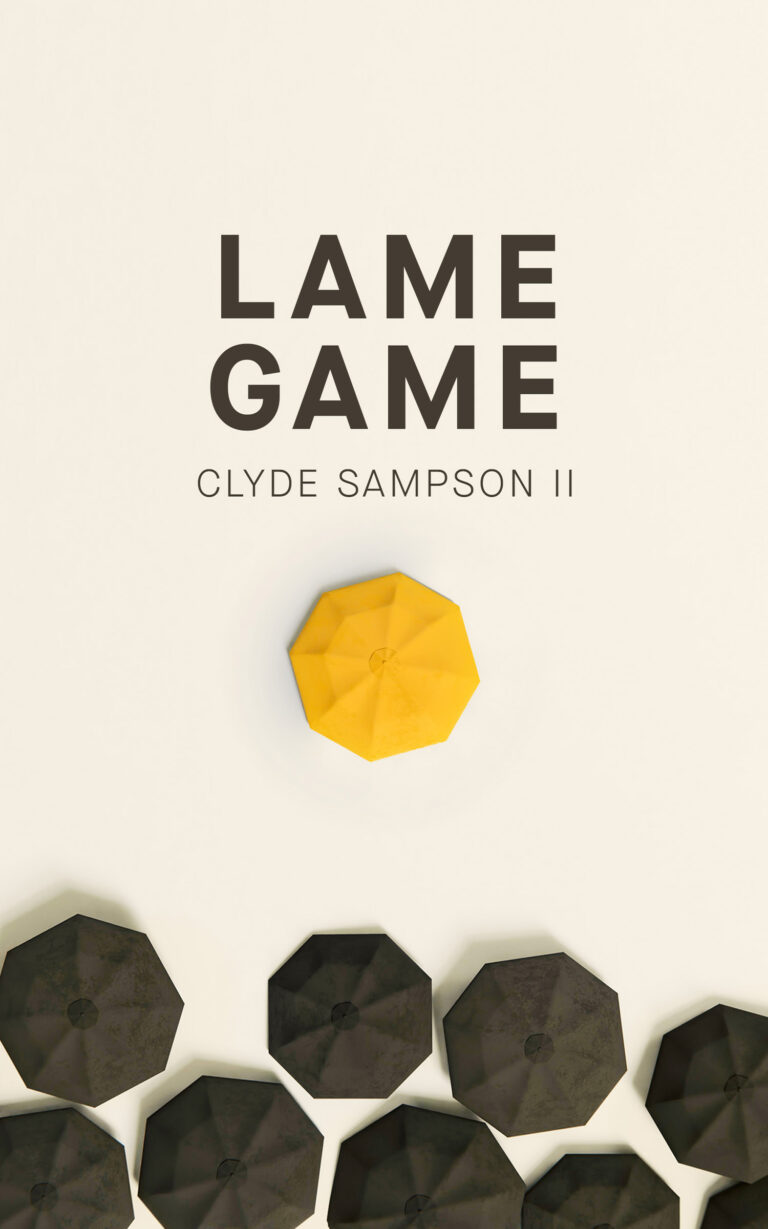Everyone knows the adjective “lame.” But what about the noun form–“a lame”? Clyde Sampson II defines lames by enumerating what they are not: cool and popular. His understanding of teen dynamics could use some updating. In school, Sampson says, non-lames “are usually the athletes or the cheerleaders. They are usually very attractive and have no problems interacting with the opposite sex.” This was true in the 1970s and 80s, when Sampson grew up. It is less true now. Nerd culture has been on the rise for years. Trendy stores like Hot Topic are wall-to-wall Avengers, Harry Potter, Disney–merchandise that, two generations ago, would be embarrassing but is now worn like a badge of honor. As for “interacting with the opposite sex,” this has merit in a binary world, but we no longer live in a binary world. Besides, it has been the case for years that sexual attraction is not the primary driver of teen behavior. (In 2018, The Atlantic devoted over 12,000 words to this issue with the feature article “Why Are Young People Having So Little Sex?”)
Readers, then, shouldn’t look to LAME GAME for cutting-edge social science. Instead, they should enjoy it for what it is: a bite-sized (the whole thing is less than 50 pages) parable of a guy who grew up in small-town Georgia as someone who didn’t fit in–“a lame”–and was forced to deal with the usual crowd of bullies, insult comics, and meatheads. What gets him through? “A strong mind anchored by my faith.” In such a short book, there isn’t time to develop characters, explore themes, or have more than the skein of a plot. That’s okay. Sampson is less concerned with narrative than with offering a calm, wise voice to help other troubled youths. Still, there are moments that startle, such as his response to a boy who made fun of his pants: “I thought, what if I got a gun and shot him the next time he made fun of me? That would shut him up.” It isn’t a fleeting thought. Sampson spends time with the idea, nurturing it until finally deciding–not that the act is immoral–but that it probably wouldn’t work.
Pithy and heartfelt, Clyde Sampson II’s LAME GAME eschews social science for a personal connection with young readers who could use some words of encouragement.
~Anthony Aycock for IndieReader


